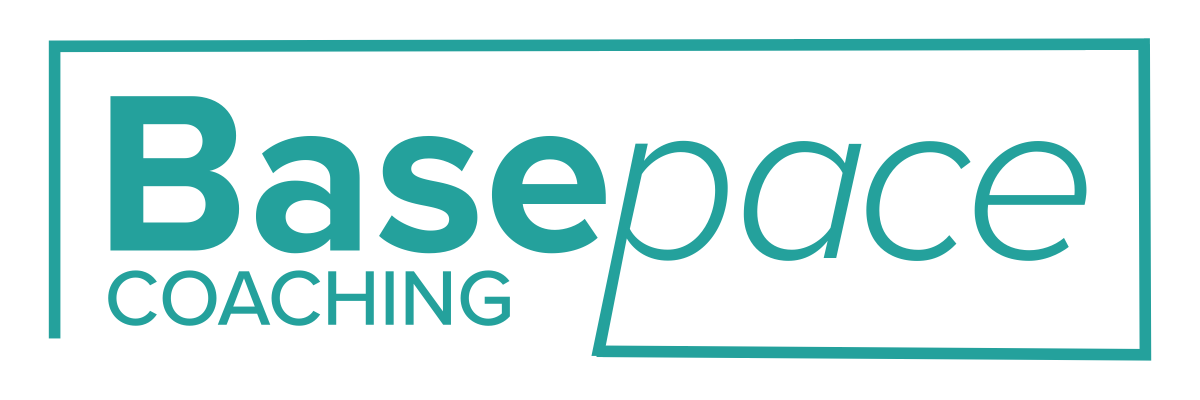The Art of Managing Up
Communicating effectively with your superiors is one of the most important skills you can have in the workplace.
This can happen in many ways. It can mean actively engaging with your manager and other leadership to ensure they understand your work and value what you bring to the table. It involves creating a well-rounded professional relationship that goes beyond the basics of just providing reports or doing tasks assigned to you.
However, how can you manage or communicate effectively with your COO, CEO and other senior leaders? How can you provide them with the information they need while also fostering a reputation as a manager that is able to contribute meaningfully?
If you are a leader, how can you coach your team to give you the information that you need? What questions do you want to ask them?
Providing relevant information
Instead of just passing along facts and figures, provide your superior with a narrative about why the information is important. Explain what it means for the organization as a whole in terms of growth potential or any other benefits.
Ask yourself the question: So what?
This client had this to say...
Okay, so what? Why does this senior leader need to hear it? What will this information change for them? Was it a concern from one client, or is it a pattern indicating a trend?
How can you build this skill? A large piece is to prepare well before your meetings and conversations. Be prepared to answer questions, provide feedback, and make suggestions. Use data when possible to back up your statements and ask clarifying questions from your team, clients and others when needed before bringing it up to your executive team.
This is where a balanced calendar will also help - it's difficult to show up in this way when your calendar is stacked with back-to-back meetings. Instead, try booking even 15 minutes before meetings to collect your thoughts and mentally prepare.
Leaders: Coach Your Team
"My team is stuck in the weeds."
That's actually okay to a certain extent. It's important for teams to understand the details of their tasks. However, it is also important that they develop the skill of looking at the big picture and thinking strategically.
As a leader, you should coach your team to provide you with more than just the details. Encourage them to explain what those details mean in terms of long-term goals or changes that need to be made.
This is where ongoing feedback through informal conversations is so important. When you notice that your team is bringing you seemingly irrelevant information, take the opportunity to provide your team with ongoing coaching.
For example, you might say, "I noticed we spent a lot of time talking about the details of this one client. What do you think would make this a more compelling conversation? How can you help me connect what you're telling me with what actions we should take?"
Not only will this benefit the team in terms of their career development, but it will also help ensure that you receive the information you need from them in order to make informed decisions.
Build your leadership skills with Base Pace Coaching
Whether you are learning how to manage up, or need to coach your team on building that skill, you do not need to do it alone. At Base Pace Coaching, we provide leaders with the resources, guidance and support they need in order to develop their leadership skills.
We work closely with you to create an individualized plan that is tailored to your specific needs so that you can become a more effective leader. Contact us today to get started on your journey toward becoming the best leader you can be.

